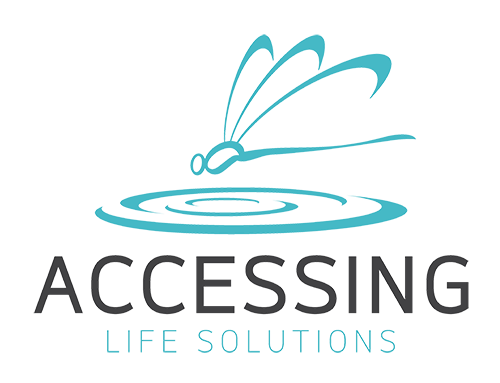Parenting – Sorting Behaviours

Parenting – Sorting Behaviours
Ever feel as a parent that you are constantly ‘on your child’s case’ about every little thing? Ever feel like the balance of negative conversations have outweighed the positive? You’re not alone! Most parents who come to counselling around parenting concerns, or who attend parenting workshops, identify this same sense of feeling like the ‘ogre’ or the ‘villain’ on a regular basis. I also find the flow-on effect tends to be children who become less clear on what is actually a big deal within the house, as they feel a similar reaction to most concerns.
How often do you stop and think about how and when you want to respond to difficulties with children? If the answer is ‘not often’, you aren’t alone – but there is incredible value in what can be a very simple process. By taking some time to ‘sort’ behaviours according to how and when you want to respond, you provide yourself with a clearer process to fall back on in the heat of the moment, as well as allowing yourself greater flexibility in how you respond. Additionally, you will invariably find yourself needing to intervene less, have more positive interactions with your children, and have more time and energy available to deal with the trickier matters when they arise.
The process of ‘sorting’ these behaviours can vary depending on your own personal approach. Michael Hawton, who has developed parenting programs in Australia such as ‘123 Magic’ and “Engaging Adolescents” talks about sorting behaviours into three categories – “Minor but Annoying” behaviours, which we commit to consistently ignoring; “Start” behaviours, which we want to encourage, teach and praise; and “Big Rocks”, which require intervention or setting limits. Another process might involve considering a “Catastrophe” scale from 1 to 10, with 1 being insignificant and ignorable behaviours or incidents, and 10 being major/life-threatening matters. Whichever process you choose, by taking some time to categorise particular behaviours in this way means less time having to think in the moment about how to respond, and a reduced chance of an over- or under-reaction as parents.
More next time!
